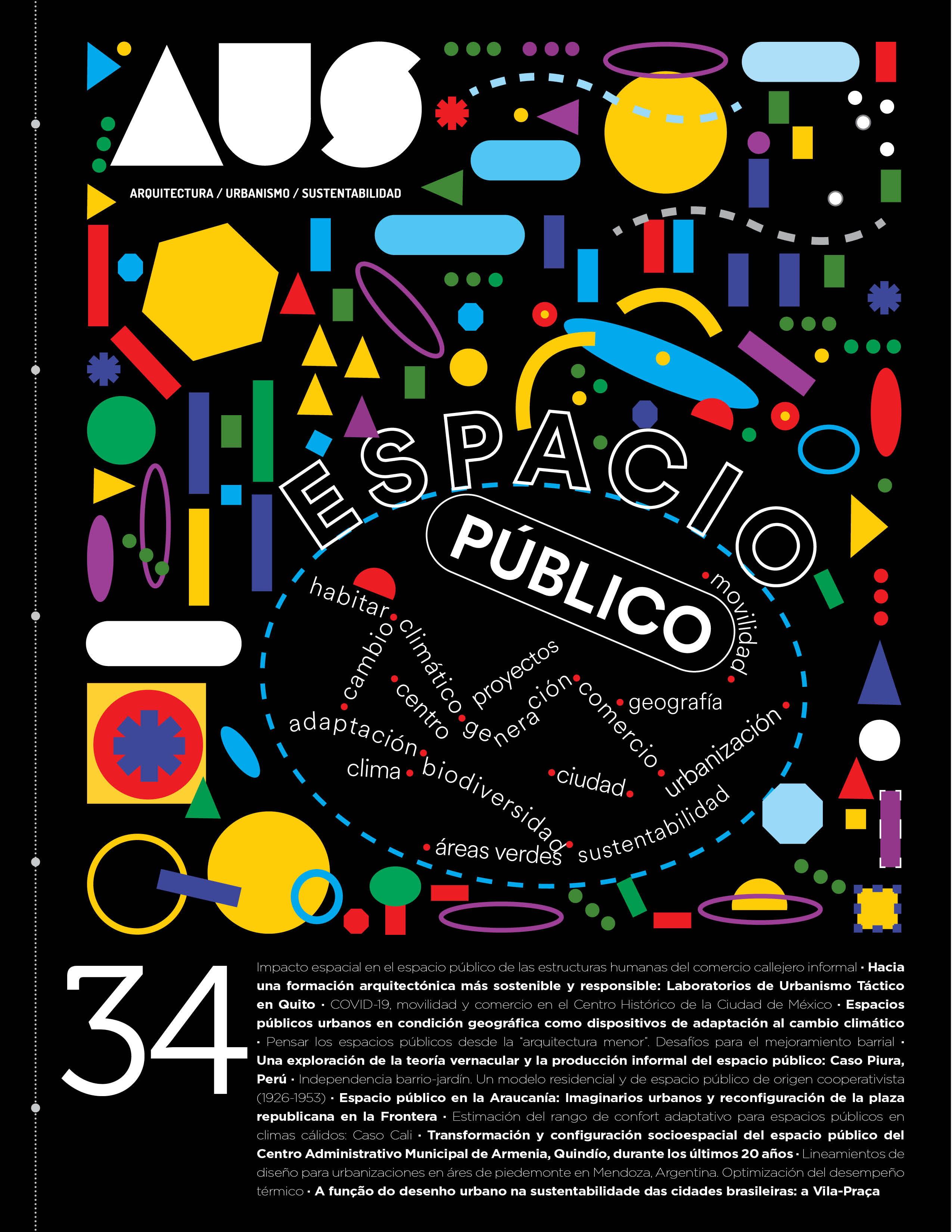Public space in Araucanía: Urban imaginaries and reconfiguration of the republican square in La Frontera
Main Article Content
Abstract
Urban and geographic imaginaries seem to convey a repertory of cultural ideas typical of local elites in their quest to organize territories. In the case of Araucanía, during the 19th century the Chilean state began a complex territorial occupation process including from military actions to a change in the narratives that describe and understand the area. This research questions the persistency of returning to Mapuche symbols and signs to install them in public spaces under contemporary optics. The hypothesis established is that the material expression of the city contributes to the formation of identities in as much as it results from contents and meanings typical of a varied physical and sociocultural context. The results indicate that the presence of Mapuche elements in the production and reinterpretation of contemporary public spaces is still a type of representation of how the Chilean state-nation settled into Araucanía.


 https://orcid.org/0000-0001-6661-6260
https://orcid.org/0000-0001-6661-6260